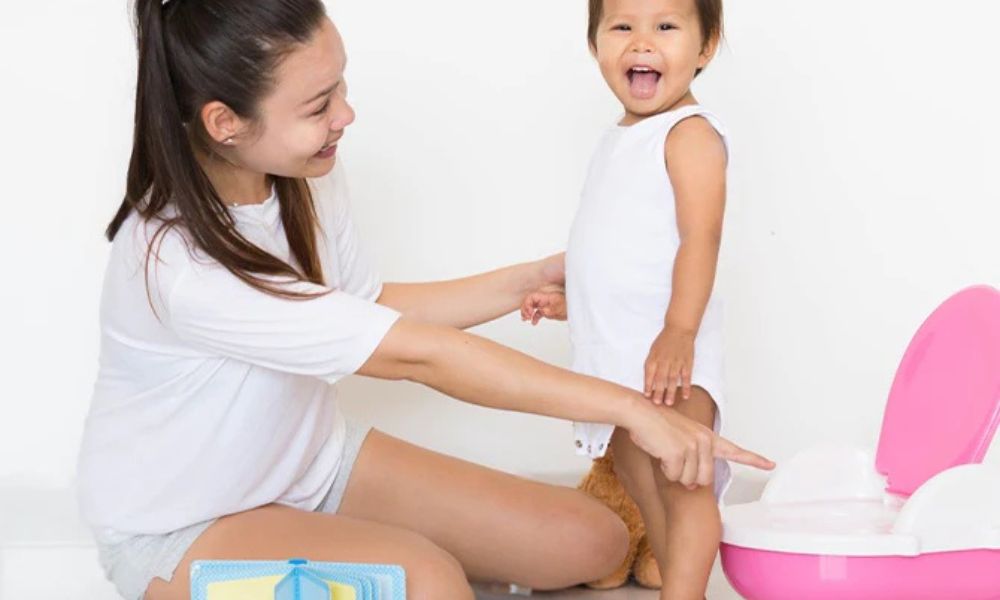Signs Your Baby Is Hitting or Missing Key Toddler Milestones: A Gentle Guide
Tanzeel Mehak
October 20, 2025
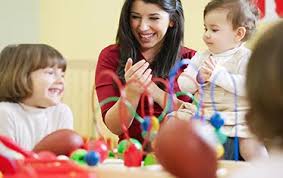
Every child grows and learns their own footsteps. Some toddlers start walking early while others may take a little time to find their balance that’s completely okay.
Milestones are the signs that show how your child is growing, like smiling, saying the first word, taking tiny steps or to play with others. These help you to see how your toddler is growing physically, emotionally and mentally.
In this article, you will guide about the key signs that show your toddler is hitting or missing important milestones and help you to recognize when seeking medical guidance.
Understanding Toddler Milestones: Why are they important?
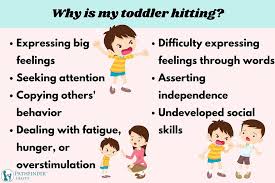
Toddler milestones are signs that show how your child is growing. They help you understand how your baby is developing in different stages from movement to communication and emotional growth.
Toddler milestones are like a puzzle that makes up your child’s overall developmental growth well. Here are the main categories of growth to look:
1. Physical Development (Gross and Fine Motor Skills)
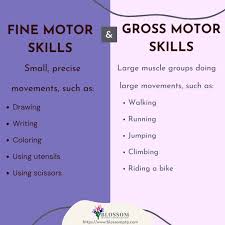
This is all about how your child moves and uses their body in different tasks like:
Fine motor skills are the smaller movements, like picking up toys and feeding themselves.
Gross motor skills are the big movements like crawling, walking, running and jumping.
Watching these changes helps you see how your toddler’s strength balance and coordination are growing.
2. Language and Communication
This area shows how your child listens, understands and talks. It includes things like:
- Responding when you call their name.
- Saying words or short phrases.
- Pointing or making sounds to express what they want.
These skills help your child to share their thoughts, feelings and needs with others.
3. Social and Emotional Development
This focuses on how your toddler connects with people and their feelings. You might notice your child:
- Smile when they see familiar faces.
- Show love, affection or empathy.
- Play alongside other children.
These behaviors show that your toddler is learning how to build relations, understand emotions and important skills for happy and confident growth.
4. Cognitive Development (Thinking and Problem Solving)
Cognitive toddler milestones are all about how your child learns and figures things out. You may see your toddler:
- Sorting toys by color or shape.
- Pretending to feed a doll or drive a car.
- Following simple directions.
These moments show your child’s mind is expanding; they are learning how the world works through play and curiosity.
A Gentle Reminder:
Every child grows in their own footsteps. Some toddlers may walk early but talk later, while others do the opposite. What matters most is steady progress, not perfect timing. If you ever feel unsure, talk with your pediatrician but remember, no two journeys are exactly the same.
Signs Why Your Toddler Is Missing Key Toddler Milestones
Every child grows in their own unique way, but sometimes parents may notice their toddler is not doing certain things other children their age are doing. This does not always mean something is wrong, some children simply take a little longer to reach certain skills.
Still, it’s helpful to know what signs might suggest your toddler could be missing a milestone, so you can give them the right support and talk with your pediatrician if needed. Remember, the goal is guidance, not worry and early attention can make a big difference.
Physical
Physical milestones are all about how your child moves and controls their body. You might notice signs like:
- Your toddler still struggles to stand or walk on their own by around 18–24 months.
- They have poor balance or coordination, often tripping or falling more than expected.
- Their muscles seem too stiff or too floppy, which can make movement harder.
These can be signs that your child may need extra support with motor skills or muscle development.
Language
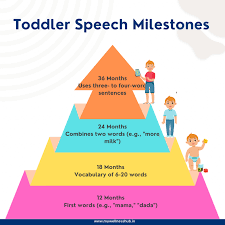
Language milestones help you see how your child communicates and understands the world. Possible signs of delay include:
- Losing words they used to say before.
- Not saying single words like mama or ball for 18 months.
- Not pointing, babbling, or using gestures to share what they want.
These might show your toddler needs more help developing their communication skills but gentle practice, reading and talking often can go a long way.
Social & Emotional
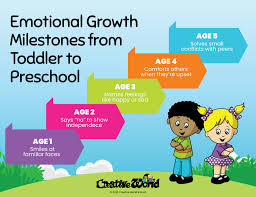
This area shows how your child connects with other people and expresses feelings. You may notice that your toddler:
- Prefers to play alone most of the time instead of showing curiosity about others.
- Makes limited eye contact or does not seem interested in people around them.
- They do n’t smile back when you smile or not show any excitement.
These can be signs your child is finding it hard to connect socially or understand emotions, that can improve with love, interaction and early guidance.
Cognitive
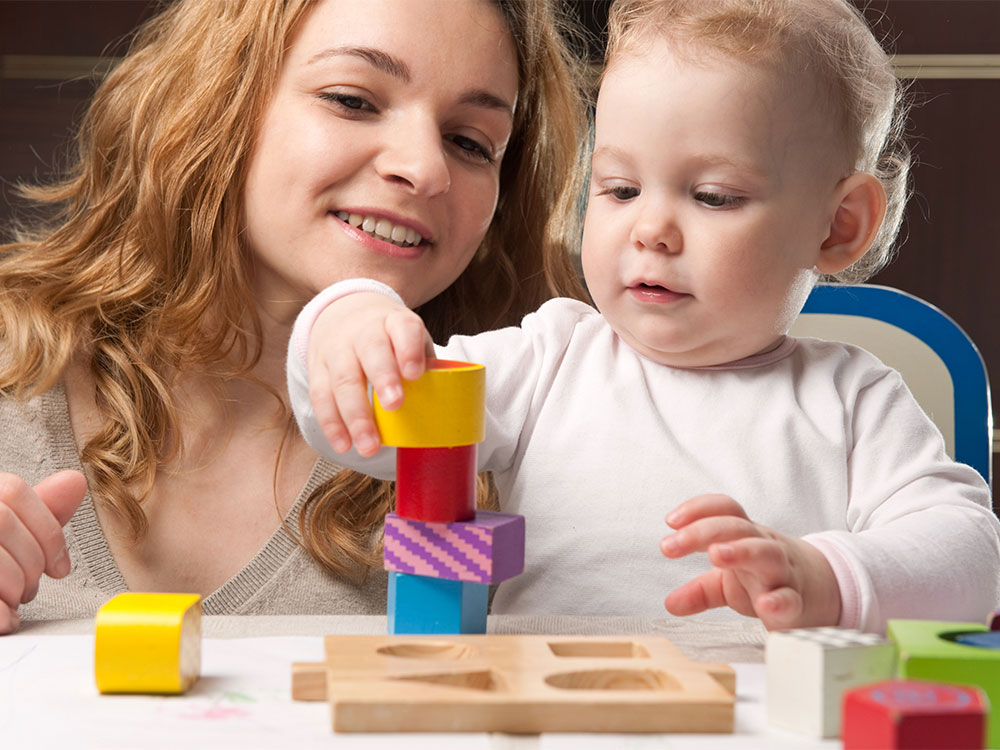
Cognitive milestones show how your toddlers think, learn and solve problems. Signs that your toddler need support include:
- If they have any trouble they follow simple instructions, like bringing your shoes.
- Not show interest in the pretend play like feeding a doll or pretend to cook.
- They are unaware of familiar people or surroundings.
These may suggest your child needs extra encouragement in learning and exploring simple play, puzzles and daily conversation that can really help your toddler to build these skills.
Closing Trust the Journey
Every child grows differently on their path. Development is not a race, it’s a rhythm. If you notice your toddler might be missing a few milestones, do not worry instead you should:
- Check with your doctor for guidance and advice on next steps.
- Celebrate the small improvements and progress, no matter how tiny.
- Every little milestone is a miracle for the growth of toddlers.
You are doing a great job by paying attention and caring deeply that truly helps your child grow properly.
H2: What to Do If You Notice Delays
If you notice your toddler is missing or hitting key stages, do not worry about that. Every toddler grows in different ways and a small delay in some milestones does not always mean that there is a serious problem.
The most important thing is to stay observant, supportive and patient as your toddler continues to grow. If they not grow then what you do:
What Do You Do About Toddler Milestones?
- Stay Calm: Every toddler follows their own steps of growth. Some may talk, walk or play later than others and that’s okay.
- Track Progress: Keep notice of new skills or small improvements in each week. It helps you see growth and share details with your pediatrician.
- Encourage Growth: Play, talk or read with your toddler daily. Simple moments, like stacking toys or singing help them to build strong skills.
- Consult Your Pediatrician: If delays continue or you are unsure, go to check out to the doctor for advice. Early guidance can make a big difference in helping your toddler to grow well.
Noticing delays means that you are paying attention and caring deeply of your child. With patience, love and support, your toddler continues to learn and grow well in their own way.
Does missing milestones mean your child has developmental disorder?
Missing or hitting a milestone does not always mean that your toddler has a developmental disorder. Many toddlers simply grow at their own footsteps, some talk earlier while others talk later, that’s completely normal. Learn about the toddler speech delay.
However, if delays continue for over time or your toddler loses the skills they once had, a good idea is to talk with your pediatrician. Early checkup can help out in any concerns and give your child the right support to reach their full growth.
Conclusion: Toddler Milestones
Every tiny step of your toddler takes a new word, a steady walk, a smile that is worth celebrating. These little moments build the self confidence and growth of your toddlers.
Your love, presence and care are the greatest milestones for your toddler. Toddlers grow well when they feel supported and understood by parents. So keep encouraging, cheering and enjoy every stage of your child’s wonderful journey.


